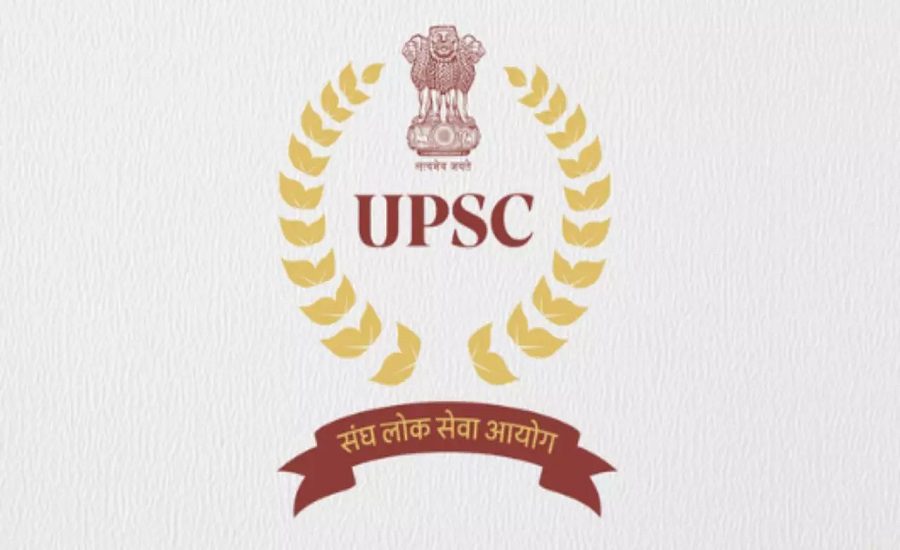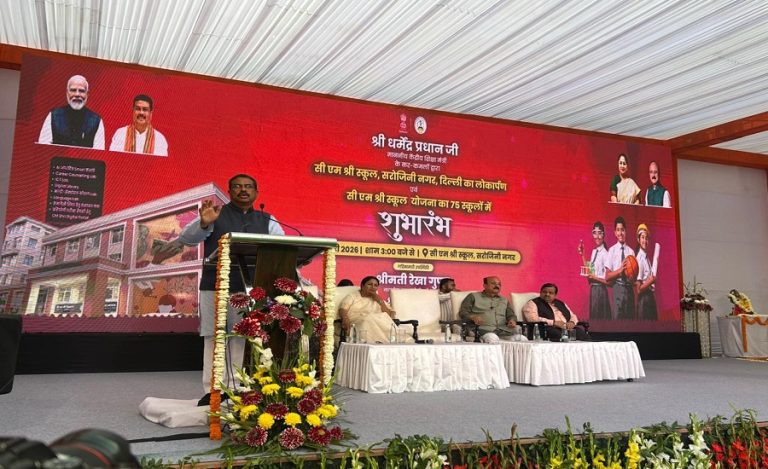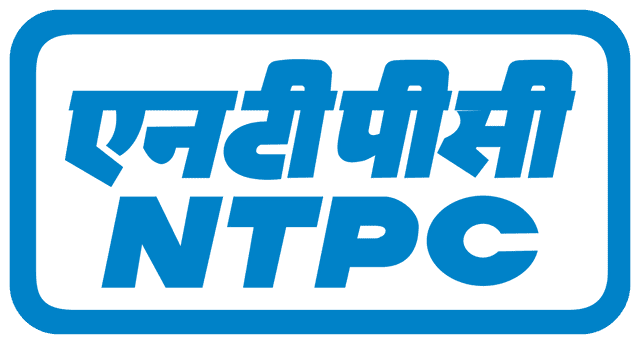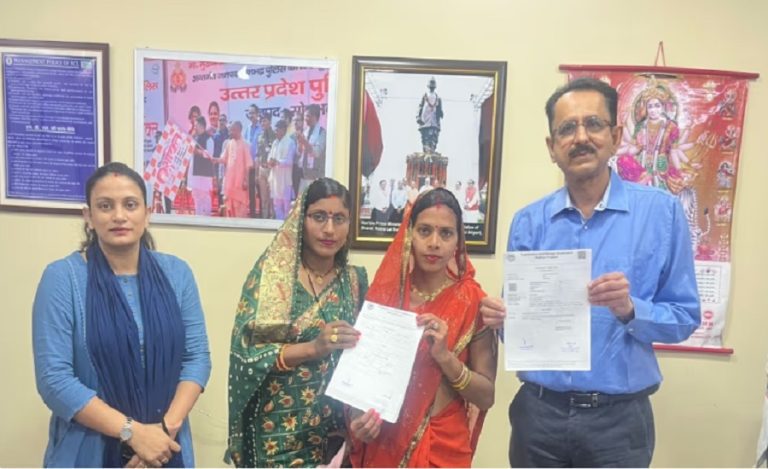Chennai: The standoff between the Union Public Service Commission (UPSC) and the Tamil Nadu government over the appointment of the state’s next Director General of Police (DGP) has deepened. The UPSC has rejected the Tamil Nadu government’s objection to its panel of shortlisted officers, reaffirming its earlier decision to recommend three names for the top police post.
UPSC Refuses to Entertain State’s Objection
In a formal communication to the Tamil Nadu government, the UPSC reiterated its stance on the panel of shortlisted officers, refusing to alter the list or consider the State’s objection that the names were “not acceptable.”
The UPSC maintained that its empanelment process strictly followed the Supreme Court’s guidelines in the Prakash Singh case, which govern the appointment of state police chiefs across India.
Vacant DGP Post Since August
The post of a regular DGP has remained vacant since August 30, 2025, following the retirement of Shankar Jiwal (IPS:1990:TN).
In the interim, the state government appointed G. Venkatraman (IPS:1994:TN) as DGP in-charge, instead of forwarding a panel of eligible officers to the UPSC as required.
This prompted a Madurai-based advocate to file a contempt petition in the Supreme Court, alleging that the Tamil Nadu government had violated the court’s directives by not appointing a regular DGP in accordance with the Prakash Singh judgment.
Supreme Court’s Intervention and UPSC’s Panel
In response, the Supreme Court directed the UPSC to expedite the process of empanelment to facilitate the appointment of a regular police chief.
Following this, the UPSC convened its Empanelment Committee meeting on September 26, 2025, and finalized a panel of three senior IPS officers:
- Seema Agrawal
- Rajeev Kumar
- Sandeep Rai Rathore
However, the Tamil Nadu government objected to the list, claiming that the names were not acceptable and expressing dissatisfaction with the empanelment process.
Political Reactions and Escalating Tensions
The matter soon took a political turn, with State Law Minister S. Reghupathy publicly alleging that the Centre was trying to “impose an officer of its choice” as the next DGP.
The UPSC’s latest letter rejecting the State’s objection has now added a new twist to the ongoing standoff, setting the stage for a potential escalation between the State and the Centre over the crucial appointment.
What Lies Ahead
With the UPSC standing firm on its recommendations, the ball is now back in the Tamil Nadu government’s court. As per norms, the State is required to choose the new DGP from the UPSC’s panel of three officers.
However, the State’s next move remains uncertain, as the political and legal implications of rejecting the UPSC’s panel could further complicate the situation.




























